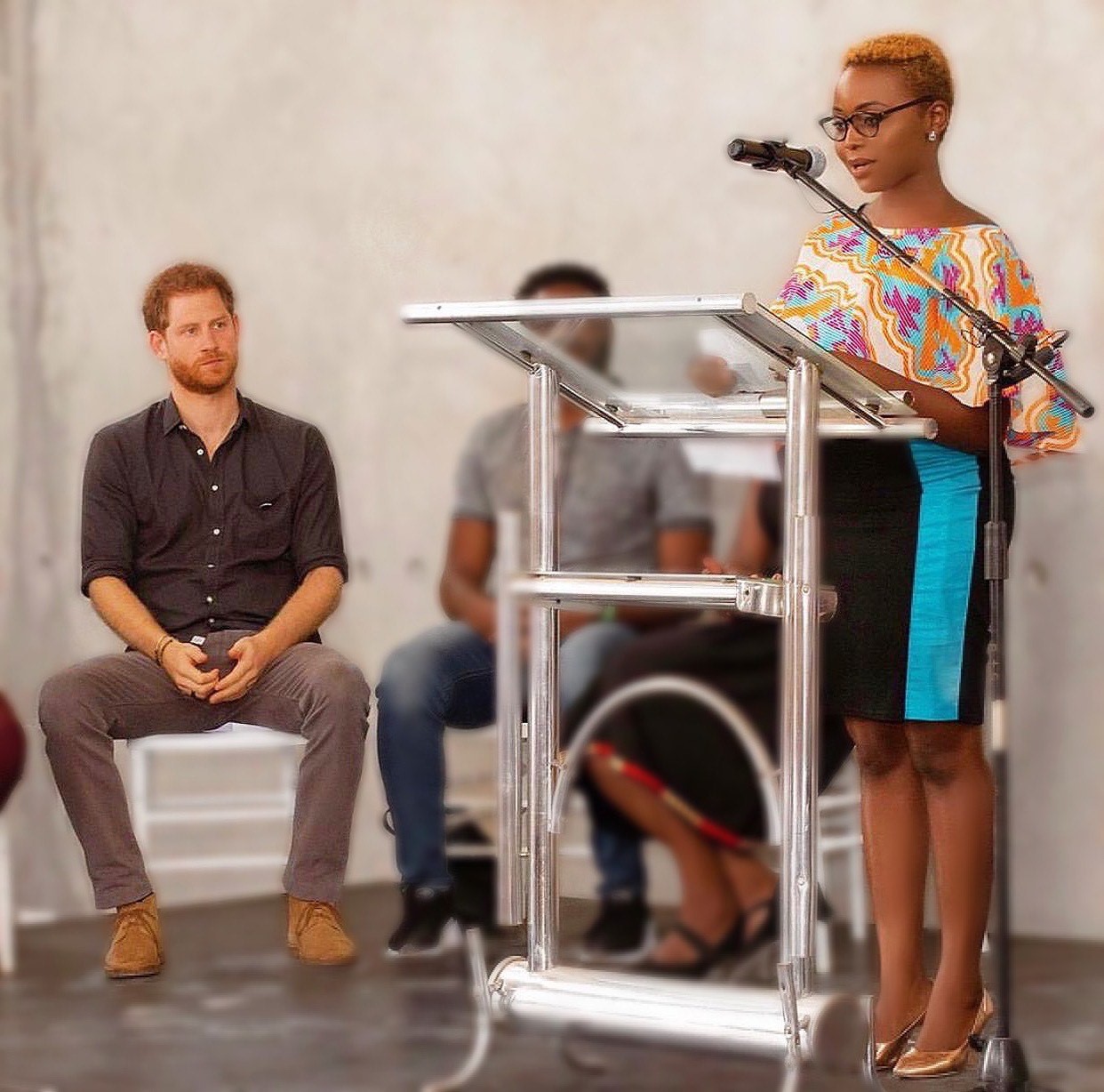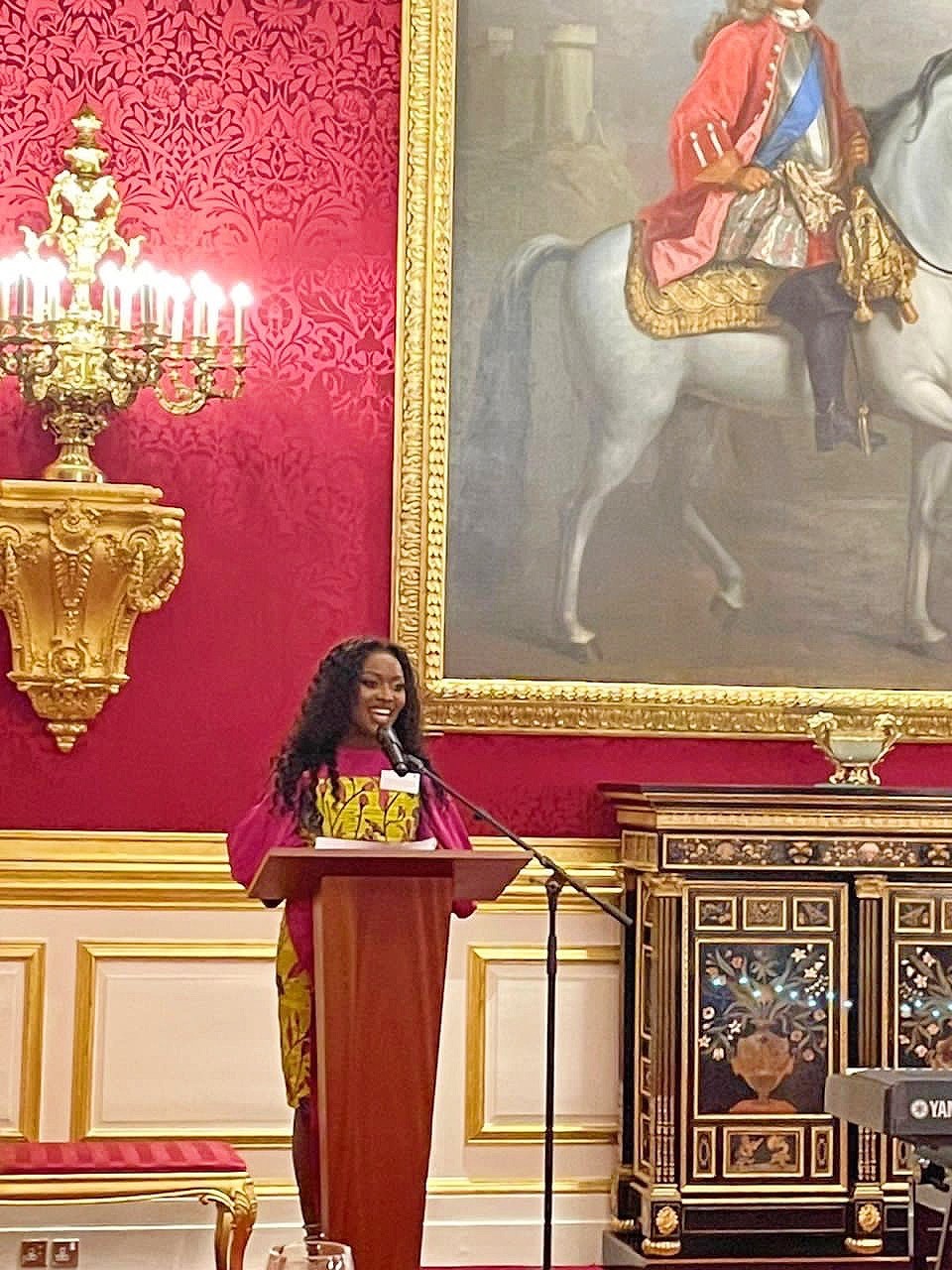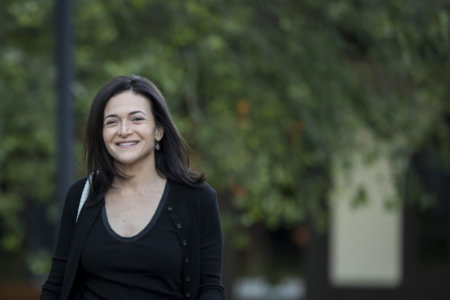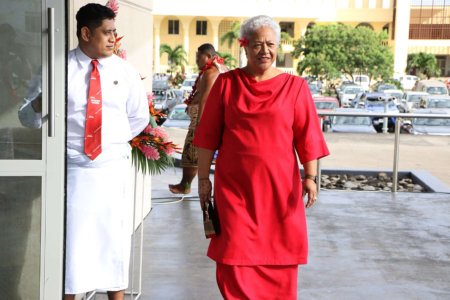
For many, attending an event as Naomi Campbell’s date is a far-fetched dream. Doing so as the first national of your country to represent The Queens Commonwealth Trust for a prestigious VIP event held in London at Westminster Abbey is even more so. Zambian Alina Karimamusama, 24, managed to do both.
The trust, of which Campbell is a Global Ambassador for, was created to support young people driving change across healthcare, environment, and education in their communities. The service was also attended by Her Majesty the Queen of England, members of the Royal Family, UK Prime Minister Boris Johnson, and many of the world’s VIPs.
View this post on Instagram
“I lived in a two-home room in a shanty compound with a pit latrine toilet outside,” Karimamusama tells Study International. “I remember seeing Naomi Campbell on TV and my mother explaining to my sister and I why she was such a force and what her presence meant for our culture. I’ve drawn inspiration from her ever since.”
Karimamusama was chosen out of young leaders across 54 Commonwealth countries to accompany Campbell to the event. Still, she’s no stranger to the Queen’s Commonwealth Trust (QCT): she was hand-selected as one of their founding members in Zambia and helped organise the royal visit of Prince Harry to the country. She even gave a keynote speech alongside the prince to announce their partnership.
“I’ve been tasked with different roles within the organisation as a young leader that they believe in and want to see grow,” she shares about her role. “This led me to escort our Global Ambassador Naomi Campbell at a service at Westminster Abbey, where I got to speak to her about the different ways that young founders across the commonwealth can be supported, as well as potential donors for the Queens 70th Platinum Jubilee fund at St James Palace.”

Karimamusama gave a keynote speech alongside Prince Harry during the prince’s visit to Zambia. Source: Alina Karimamusama
A prodigy shaped by struggle
Karimamusama has an impressive list of achievements on her belt: the youngest South African Leader to graduate from the American Express Leadership Academy, Queens Young Leader, former television and radio personality, and one of Africa’s Most Innovative Young People, among others.
Much of Karimamusama’s accomplishments, however, stem from a commitment and drive to solve the challenges of gender inequality and economic marginalisation of women in Zambia — which, in turn, has been directly informed by her own childhood experience.
“I know first-hand the challenges of living in poverty, of being trafficked by your own parent, of nearly dying from hunger,” she says. “I started on my journey just wanting to solve community challenges I had experienced growing up and were still present a decade later. I never meant to make it a career, I never meant to receive recognition or meet VIPs. I just wanted to step and create the change I was hoping to see when I ‘grew up’.”
Karimamusama wasted no time in getting to work. In school, she regularly won debates and essay competitions and graduated at the young age of 15. She took a two-year break after graduating, where she continued to work towards her goal of empowering the women around her.

Karimamusama has won multiple awards in her quest to empower women in the communities around her. Source: Alina Karimamusama
At 16 years old, she founded The Women’s Economic Empowerment Project, a social enterprise that aims to eradicate poverty in local communities, growing the female labour force in Zambia, and ending period poverty, among others. Her organisation AfriHer has impacted over 12,000 young people’s lives, as well as women living in remote and peri-urban settings in Zambia, Africa.
“I was frustrated at the situation of girls not having access to free counselling after experiencing sexual attacks,” she explains. “Of girls still at risk of early childhood marriages, women who are treated unjustly and unfairly at their piece-work opportunities, and young people turning to stealing or falling prey to drugs because they aren’t exposed to the opportunities and different possibilities for them.”
On top of this, she became the youngest television figure in Zambia by creating a feminist documentary series that “challenged our traditions, culture, and norms.” “I come from a place where women really are the leaders, skeleton and soul of community — how could I not be a feminist?”
This, along with her previous experiences in debating and other various projects, made Karimamusama realise her skill as a communicator — prompting her to pursue a double major in journalism and communication, as well as public relations, at The University of Zambia.
All of this combined helped her in being recognised as a Queens Young Leader — which, she says, opened up a multitude of doors for her. One of these was winning a scholarship to the University of Cambridge in 2017, awarded by the Queen of England herself.
Naomi Campbell: “You inspire me.”

“It’s not so much what I studied that earned me the scholarship, it’s more what I did outside of — or rather on top of — being a university student.” Source: Alina Karimamusama
How, then, did she manage this? “It’s not so much what I studied that earned me the scholarship, it’s more what I did outside of — or rather on top of — being a university student,” she shares. “I was executing entrepreneurship programmes at The University of Zambia and teaching culinary classes at another established institution. I had also transformed my business (which helped me pay my own way through university) into a social enterprise.”
It’s no wonder, then, that accomplished figures such as Naomi Campbell have gone on to be “inspired” by her.
“It’s truly a humbling full circle experience,” Karimamusama says. “It’s a symbol for everyone who comes from a broken place like me, a symbol for possibilities that can be unlocked through education, exposure and empowerment. I cannot believe I lived that experience, and it would have never been possible had QCT not believed in me.”
Karimamusama credits it all to education. “We made it out of those situations because my mother was exposed, had an education and furthered her education,” she says, recalling her childhood experiences. “I also learnt about the freedoms of entrepreneurship in high school, and I wanted to be in control of my life.”
What’s next for Karimamusama? “It’s really important for me to continue my pursuit of furthering my education,” she says. “Education elevates you, it transforms you and is a ladder to reaching newer and further heights. My mother always taught me that, once acquired, education is the one thing no one will ever be able to take away from you.”
More than that, she’s working to widen the reach and impact of her organisations — and through this, empower young people to drive their own change.
“[I want to] increase the value we bring to communities and produce 1,000 more ‘Alina’s’ from the communities’ people look down upon, like the one I come from,” she explains. “I believe that young people really are the change and revolution, I don’t think that will change as I grow, so you will definitely still see me working towards increasing the capacity of young people, and placing them in policy decision making or influencing it.”










